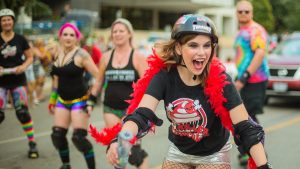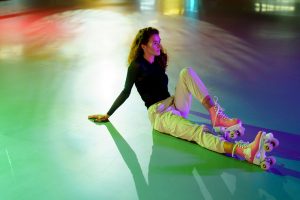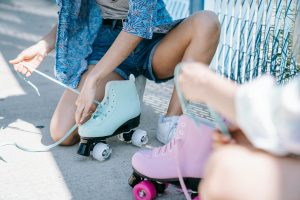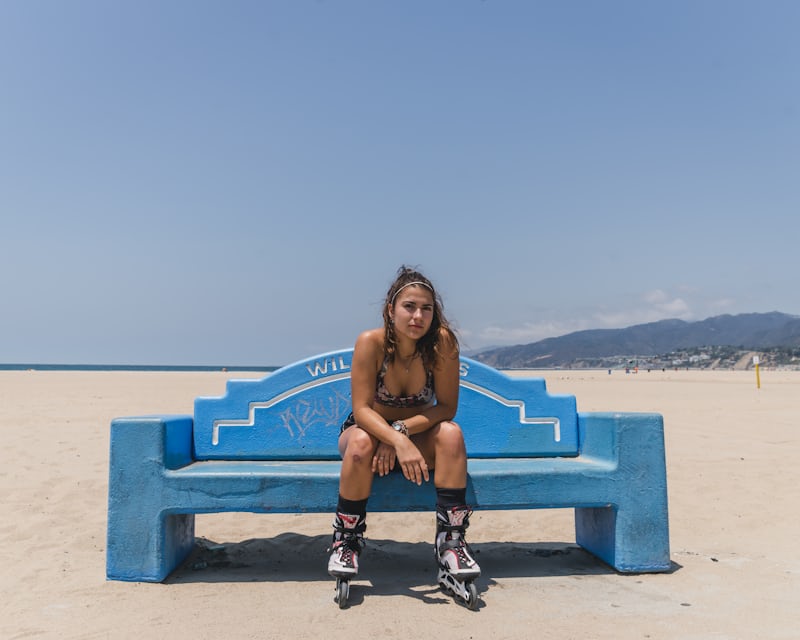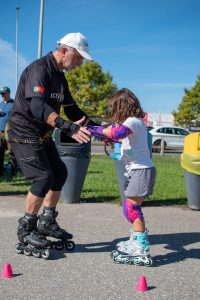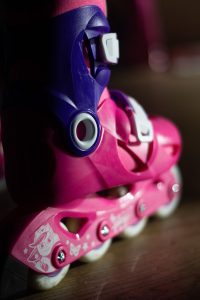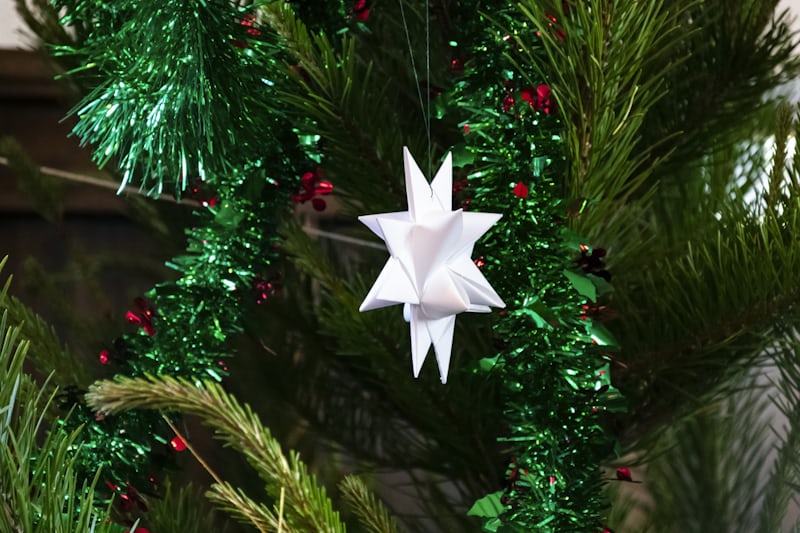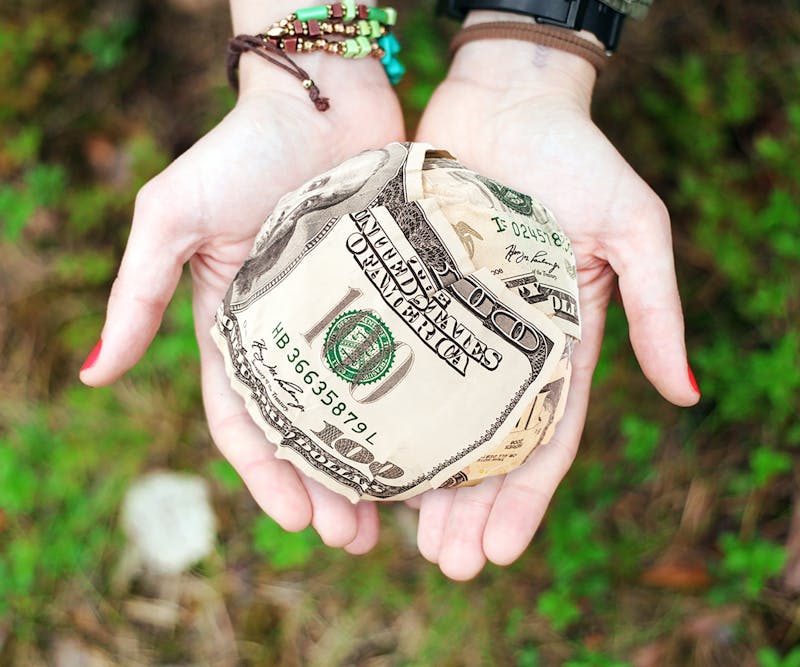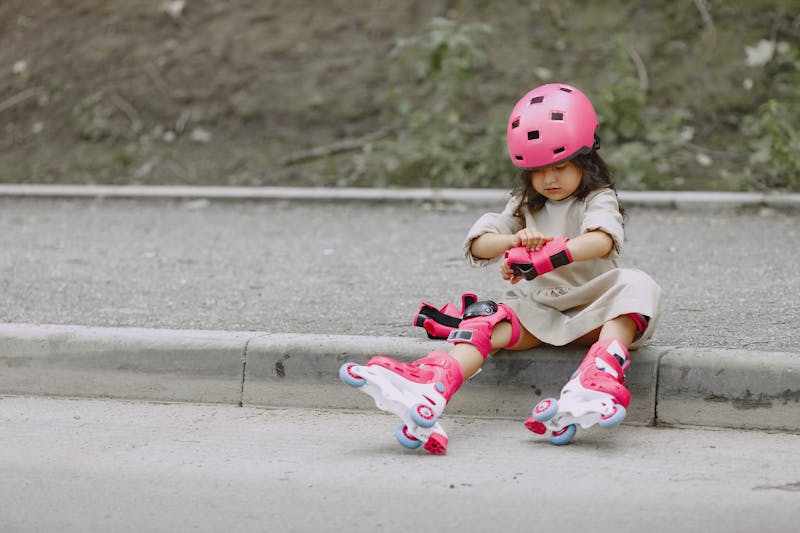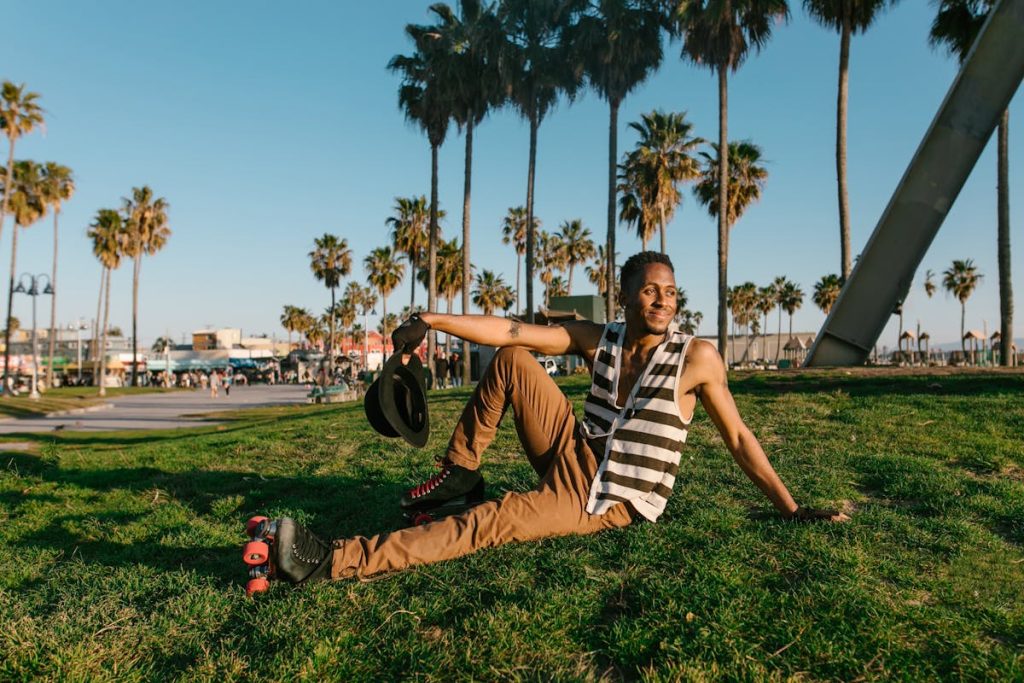There’s nothing like the perfect song to make you feel like you’re flying across the rink! Whether you love groovy throwbacks, high-energy pop, or smooth R&B beats, the right roller skating music can take your ride to the next level.
Ready to refresh your playlist for 2025? Here are some of the best skating songs to keep you moving and grooving!
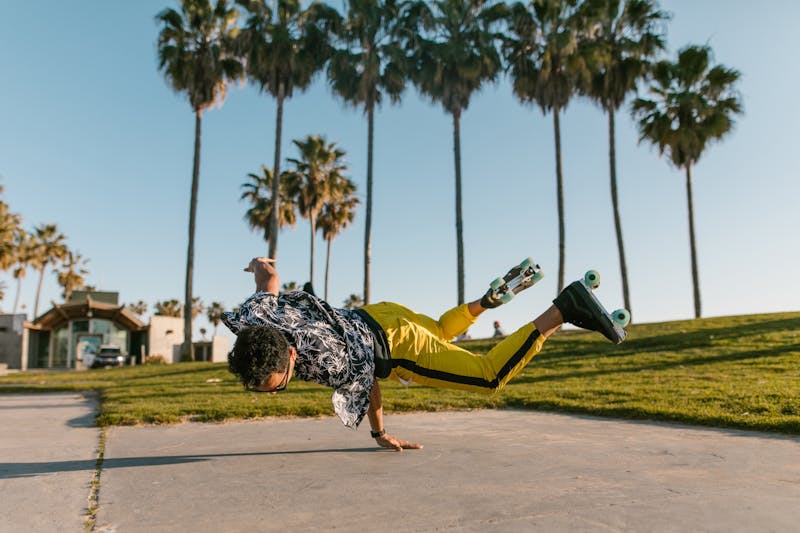
Upbeat Anthems To Keep You Rolling
Looking for tracks that will keep your energy up and your skates spinning? These songs are guaranteed to bring the hype:
- “Levitating” – Dua Lipa: Still a roller rink favorite, this song’s beat is perfect for effortless gliding.
- “Can’t Stop the Feeling” – Justin Timberlake: You won’t be able to resist moving your feet to this feel-good hit!
- “About Damn Time” – Lizzo: Smooth, funky, and full of confidence! It’s ideal for those freestyle moments on the rink.
Throwback Jams For Retro Vibes
Some songs never go out of style, and these classics will always bring the groove:
- “Superstition” – Stevie Wonder: A funky beat that makes every lap around the rink more stylish.
- “Billie Jean” – Michael Jackson: Moonwalk your way through your skate session with this iconic track.
- “We Got the Funk” – Positive Force: The ultimate disco vibe for skaters who love that old-school feel.
Chill Tracks For A Smooth Ride
If you love to cruise and take it easy, these songs will set the perfect mood:
- “Blinding Lights” – The Weeknd: Retro synths make this track feel like a dreamy skating experience.
- “Peaches” – Justin Bieber feat. Daniel Caesar & Giveon: Smooth and laid-back, this song is great for a relaxed session.
- “Electric Feel” – MGMT: A hypnotic beat that makes skating feel almost magical.
Now that you’ve got the ultimate playlist for skating, it’s time to put it to the test!
Grab your skates, turn up the volume, and come roll with us at Rainbow Rink. Let’s make 2025 the best year for skating yet!



